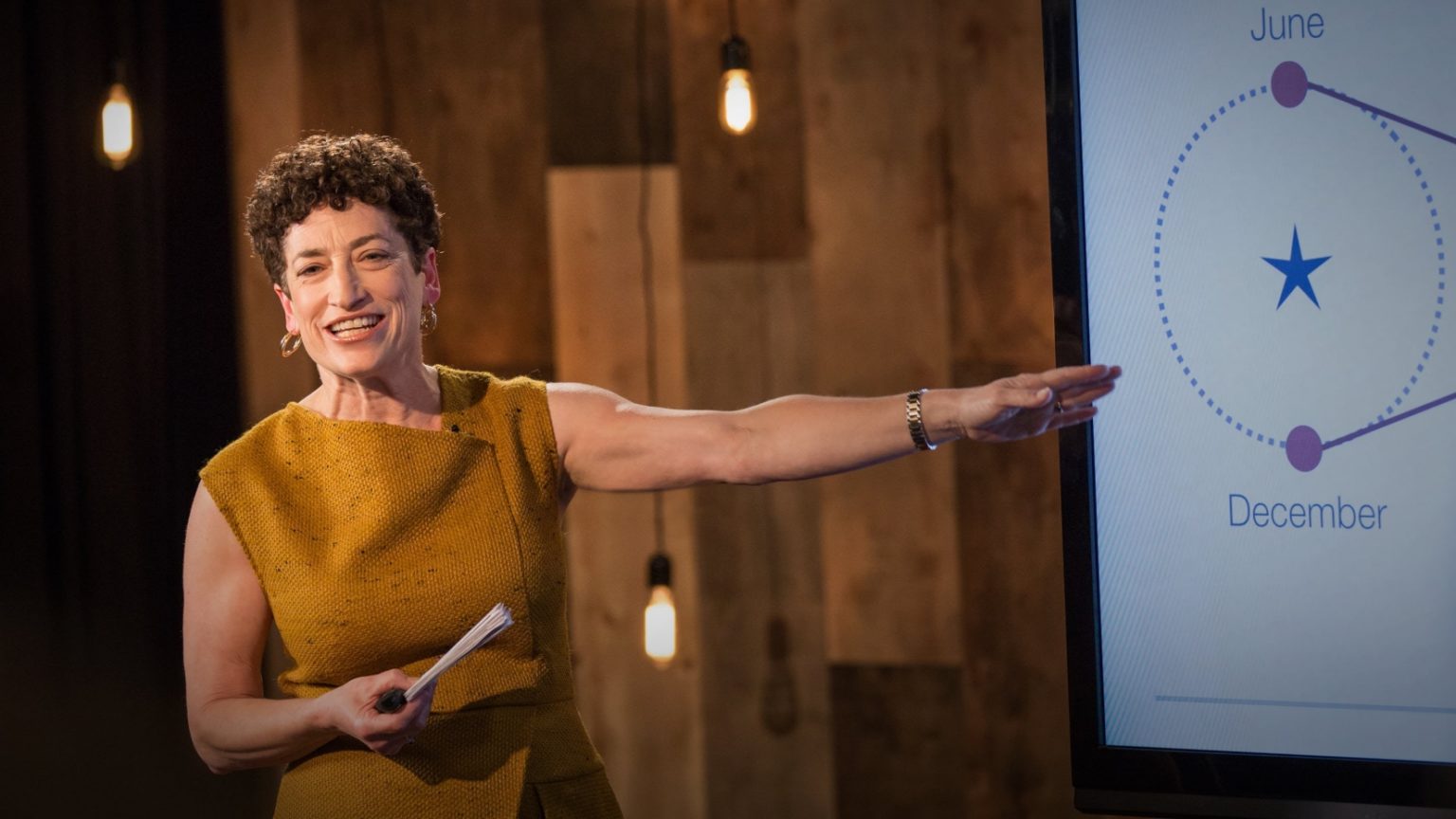No one has a better handle on the effect climate deniers have on the socio-political stage than science historian and author Naomi Oreskes.
Her book Merchants of Doubt charts the path of many of the world’s most notorious deniers, skeptics, shills, PR men and experts-for-hire. Plus, as a trained historian and professor of earth and environmental sciences at Harvard, Oreskes has the ability to take a 10,000-foot view when it comes to climate politics and the turning tide of public opinion.
Oreskes recently visited Vancouver to discuss climate change and climate denial in Canada at a talk organized by the Peter Wall Institute for Advanced Studies.
For Oreskes, understanding how climate denial is active in places like Canada involves acknowledging the expansiveness of climate change as an issue, one that cuts across boundaries between government, society and market power.
We asked Oreskes what she makes of Canada’s current political situation — a situation in which our prime minister announces impressive climate targets on the world stage but then quietly approves B.C.’s first LNG export terminal on a Friday afternoon.
“Of course there is a long road ahead,” Oreskes said. “[Climate change] is a very big issue that reaches into economics, politics and culture.”
“But that does not mean we should discount the very substantial gains that are now being made, especially here in Canada, with the great breakthrough in Alberta.”
Although new governments on both the provincial and federal level have reinvigorated the prospect of nationwide climate action, Canada has yet to make substantial headway in limiting carbon pollution, Oreskes admits.
A February report from Environment and Climate Change Canada shows the country is not on track to meet its climate targets. Development of oil and gas in both Alberta and B.C. is expected to prevent Canada from getting back on course.
Oreskes says straight-up climate denial is less visible in Canada than it once was, but that doesn’t mean the interests of the fossil fuel industry have disappeared.
A new form of climate denialism is at work, Oreskes argues, one meant to persuade the public that fossil fuels are necessary and renewables unreliable. Alternatives to fossil fuels, Oreskes recently wrote in The Guardian, “are disparaged by a new generation of myths.”
Those myths include the idea that countries like Canada are dependent on new fossil fuel infrastructure for prosperity.
Canada has been beset by a new collective of industry advocacy groups, like British Columbians for Prosperity, Resource Works, Canada Action and Oil Respect, that advance this kind of thinking.
Asked what Canadians should be on the lookout for, knowing that climate denial groups and pro-industry organizations continue to advance a fossil fuel agenda, Oreske said awareness is the first step.
“A lot of groups now are saying, well, yes, maybe there is a bit of climate change, but we can’t afford not to fill in the blank: develop tar sands, frack for gas, build new pipelines, etc.”
“This is not a new argument,” Oreskes added. “We’ve heard it since the early 1990s. I wrote about it back in the 2000s. But we can expect it to be made more strongly post Paris.”
The myths don’t stop there, Oreskes said.
“We are also seeing a line of argument that goes like this: yes renewables are nice, but they are too intermittent and unreliable to be our primary source of power.”
“There are several important recent studies that show this is not true, especially in North America where we have so much solar, wind and hydro.”
One such study, recently published by The Solutions Project research team at Stanford University, outlines how Canada could achieve 100 per cent renewable energy by the year 2050 with a mixture of solar, wind, existing hydro, wave and geothermal energy.
The idea that renewables aren’t reliable has gained a lot of traction, Oreskes said. She added a particularly “egregious and sexist version” of that argument was on full display in Shell’s highly criticized video campaign that compared renewable energy to a fickle woman.
According to a new report by the UK-based Influence Map, Shell spent USD$22 million in 2015 lobbying against climate legislation.
Despite industry-sponsored attacks on clean energy, renewables have taken off in recent years. Nearly $500 billion was invested in clean energy in 2015.
But that figure is overshadowed by global fossil fuel subsidies. The International Monetary Fund estimates government subsidized the fossil fuel sector to the tune of USD$5.3 trillion in 2015 by failing to charge for the climate, environmental and human health impacts of oil, gas and coal combustion.
Oreskes cautions that “because energy is not a free market” we cannot simply rely on market mechanisms to solve the climate conundrum.
“Fossil fuels are still gigantically subsidized,” she said. “So we need to eliminate those subsidies.”
Oreskes added these combined social and political influences driving fossil fuel interests make it dangerous to think the era of climate denial has come to an end.
“It ain’t over till its over.”
Image: Naomi Oreskes/TED
Subscribe to our newsletter
Stay up to date with DeSmog news and alerts







